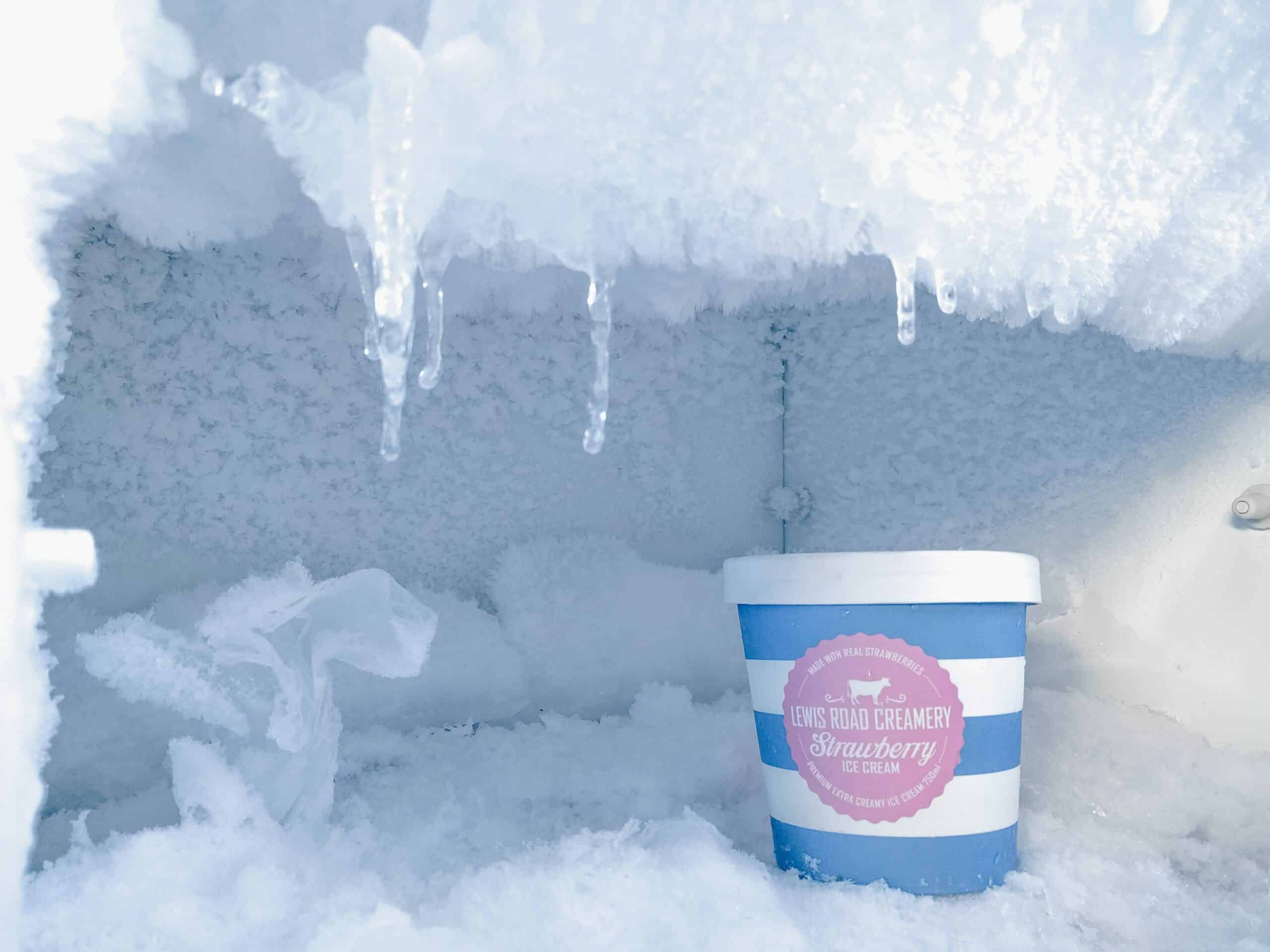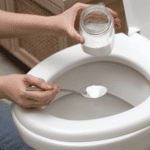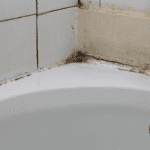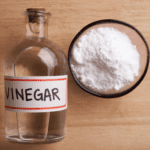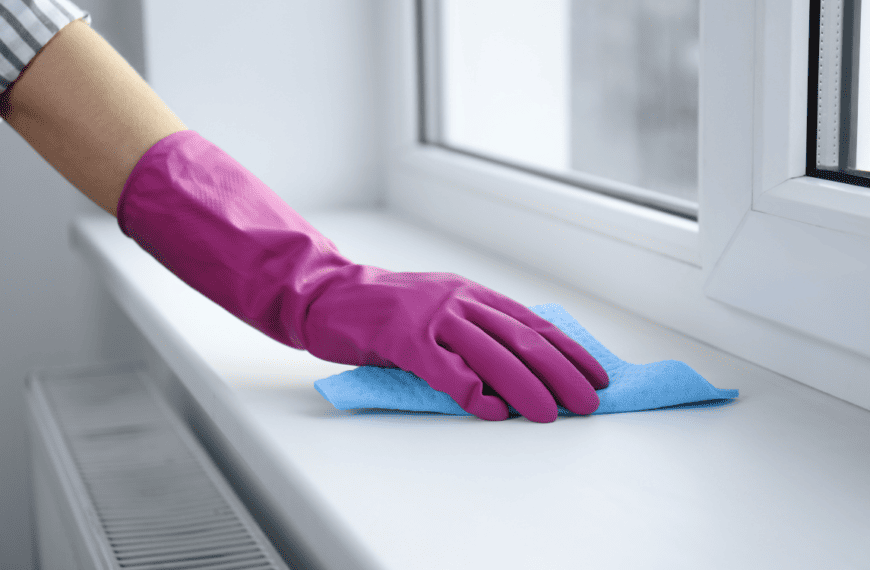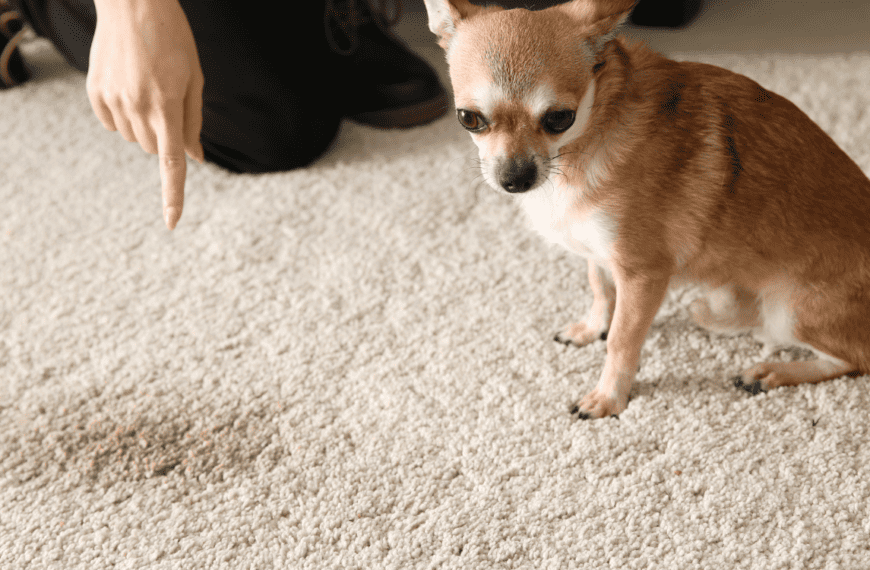Although an unpleasant odor from a refrigerator is never welcome, most people understand there’s a chance of food going bad if they forget about it for a few days. But when it comes from the freezer, a rotten stink is as confusing as it is frustrating.
In a space that’s supposed to keep all kinds of perishables cold and fresh for months, a foul smell is the last thing you might expect. To help you keep your food fresh and the freezer odor-free, we’ll look at the various causes of nasty freezer smells and the many solutions to make them disappear for the long term.
What Causes Bad Smells in the Freezer?
The primary cause of bad smells in the freezer is bacteria, which can still thrive when food is frozen if the temperature is over 0°F. Spills and open food containers give microbes the perfect opening to do their damage. As they break down stored food, the collection of bacteria, yeast, and mold will give off a powerful odor.
A power outage is a surefire opportunity for bacteria to start growing throughout the refrigerator and freezer. According to the FDA, a closed freezer door will keep frozen food safe for 48 hours. As long as it doesn’t exceed 40°F, you can safely refreeze everything. Since refrigerators naturally stay close to 40°F when they’re running, they can typically only go about four hours without power before food spoilage starts to set in.
Interestingly, the freezer has a lot of potential for developing foul odors. Other than bacteria, freezer burn on meat and produce can impart an unpleasant smell that travels through the cold air and attaches to other food items.
If you have an ice bin and ice maker in your freezer, there’s an even greater chance that it will pick up some nasty smells. Ice is efficient at collecting odors, and if you leave it for a few days, there’s a chance it will start developing a faint scent picked up from the freezer air. Between the ice maker, water line, and filter, there’s further potential for mold and mildew to develop from excess moisture and contamination.
If your smelly freezer is attached to a refrigerator, odors may be migrating between them. It’s common for ice (and the freezer in general) to pick up refrigerator smells in a single-evaporator unit, as the two share a single cooling source and airflow channel. When your fridge has a rank odor from the food inside, it will likely migrate to your freezer.
How to Eliminate Bad Smells in the Freezer
Whether the odors are coming from old food or freezer burn, the cleaning process is relatively simple — remove the offending food, wipe down the inside, and prevent the smell from coming back. For the best results, follow these eight steps to remove any trace of odor-causing contamination from your freezer.
1. Remove Everything from the Freezer
The first step to getting the putrid smell out of your freezer is physically removing the frozen food that could be causing it. Take everything out of the freezer and inspect it for spoilage, freezer burn, or a generally unpleasant odor. Toss anything that has gone bad or developed ice crystals, and store the rest in a portable cooler.
Pitch the ice from the ice bin in the sink, as it likely has absorbed some of the odor. Take the ice bin out to wash separately.
2. Clean the Freezer
Take out the shelves and any other freezer components after removing the food. Start the cleaning process by clearing out any crumbs and spilled food from the freezer’s cavity. With the debris gone, mix two tablespoons of baking soda with warm water and use it with a clean rag to wipe down the walls.
3. Wash the Shelves and Ice Bin
Wash the ice bins and shelves with dish soap and water. If your freezer has glass shelves, avoid washing them with hot water, as the sudden temperature change could cause the glass to shatter. After cleaning, wipe everything down with a towel or let them air dry before putting them back in the freezer.
4. Defrost the Freezer
If freezer smells are particularly foul and challenging to track down, you’ll likely need to do a time-consuming, days-long refresh. Unplug the unit or switch off the circuit breaker, and prop the freezer and fridge door open to let it defrost. Let it breathe for 1–2 days to allow any hidden pockets of moisture to dry up. Use a box fan to help speed things up.
5. Deep Clean the Freezer
Once the fridge is free and clear of food and ice, you can begin deep cleaning the interior to eliminate any leftover smells and odor-causing bacteria. Unsurprisingly, many of the same techniques that remove fridge odors work equally well on the freezer.
DIY cleaners are the best option, offering a gentle disinfecting touch to eliminate microbes and preserve the plastic freezer liner. You can start by mixing baking soda to make a fragrance-free, non-toxic, and odor-neutralizing scrub. If the whole unit needs a cleaning, you can whip up enough to give both the freezer and fridge walls a thorough wipedown.
Other non-toxic cleaning solutions include a vinegar/water spray, hydrogen peroxide, or plain and simple soapy water. Avoid using a bleach solution or other harsh chemicals that give off hazardous fumes and can potentially damage the freezer.
6. Turn the Freezer Back On
After giving the freezer a solid cleaning and some fresh air, it’s time to turn it back on. But before you start reloading it with food, you’ll have to deodorize it. Ideally, you’ll want to give the freezer about 3–5 days to cycle through any final foul odors.
7. Use Baking Soda to Absorb Odors
While the freezer is running without food, put a plate of baking soda inside to neutralize any remaining odors. The alkalinity of the baking soda counteracts the acidity of rotten food smells, effectively killing the smell. It also helps draw in any excess moisture, reducing the risk of mold growth.
If you’re all out of baking soda, plenty of other items around the house can suck up any remaining scents. Put freshly ground coffee or kitty litter on a plate, and leave it in your freezer while it cools. Alternatively, you can pack crumpled newspaper into your freezer and lightly spritz it with clean water, and it will go to work absorbing the bad smell.
Use a refrigerator deodorizer for a cleaning boost. Activated charcoal is a popular air freshener in consumer deodorizing products that uses a high surface area to grab fridge and freezer gasses and remove them from circulation.
8. Call a Service Technician
If they get into the insulation, strong odors can be difficult to remove and nearly impossible without taking off some of the paneling. You can sometimes push compressed air into the crevices to force the offending particles out. In most cases, you’ll want to call a technician to fix the problem, especially if your refrigerator is still under warranty.
How to Prevent Foul Odors in the Future
You can help keep nasty freezer smells at bay by preventing the food spoilage that causes them in the first place. The USDA advises that storing food at 0°F will keep it safe by inhibiting bacterial growth that creates an odor and contributes to rot. Storing your food in sealed glass containers will help prevent freezer burn and traveling odors that cause freezer smells.
Book a Cleaning Service to Eliminate Freezer Odors
Cleaning a freezer is straightforward when you know a few handy tips and tricks, but it’s also time-consuming and labor-intensive. If you have a foul-smelling freezer but no time to deal with it, let our team at Anita’s connect you with the perfect solution! Request a booking today, and in only a few minutes, we’ll find a local professional to take care of the heavy lifting and restore your freezer to its odor-free self.

